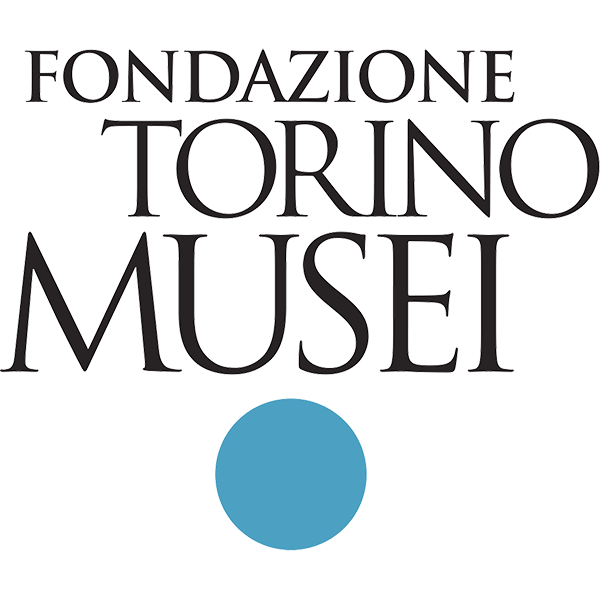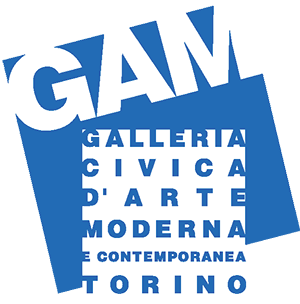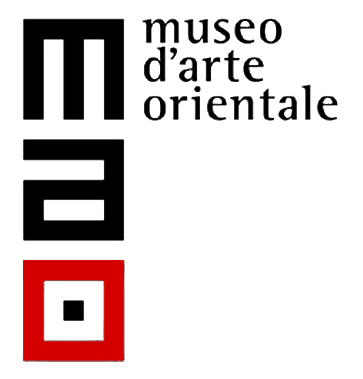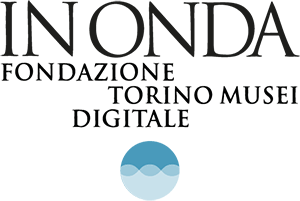Drop by Drop Life Falls from the Sky. Water, Islam and Art.
- Exhibition
- 13 April 2019 - 1 September 2019

Exhibition curated by Alessandro Vanoli
Friday, April 12, 2019
Some of the most prestigious European and international museums—including the Ashmolean Museum of Art and Archaeology in Oxford, the L.A. Mayer Museum of Islamic Art in Jerusalem, the Benaki Museum in Athens, the Museo de La Alhambra in Granada, the Biblioteca Apostolica Vaticana, Vatican City, the Museo Nazionale del Bargello in Florence, the MUCIV – Museo delle Civilta’ in Rome—have lent their precious works for this major exhibition on the relationship between water and Islam, from its most ancient origins to its many complex developments, up to more recent needs.
Mā’, a few letters in Arabic. It all starts from here.
Statements in the Koran and subsequent literature illustrate the historic development of the many roles and meanings of water and the incarnation of its significance in Islamic art and craftsmanship.
In fact, there exists an age-old and intimate bond between water and the Islamic world. This relationship can be explained only in part by atmospheric conditions: an ancient legacy of previous cultures and civilizations, a deep sense of religion and many complex social and cultural themes. Water belongs to our most profound dreams: it evokes motherhood, cleanliness, purity, sensuality, and death. Naturally, this is true for every civilization, but in Islam this series of ideas found its most profound meaning, turning water into one of the cornerstones of human existence: a cornerstone that is both spiritual as well as social and aesthetic.
The exhibition tells a story through images, artifacts, books, and miniatures: technology, everyday life, and art, which for centuries mirrored one another in the many ways of enjoying and using water.
Thanks to loans from some of the most prestigious museums in Europe and around the world, from important private collections, and from the valuable works found at the MAO, this exhibition bears witness to the variety and wealth of handmade objects related to the theme and use of water. Among the over 120 works on display, there are Syrian fountain spouts, an Iznik jug from the 15th century, rugs that cover a span of time from the 16th to 19th century, an Iranian cup from the 9th-10th century, an Indian perfume holder from the 12th-13th century, plus numerous manuscripts.
Also: Syrian water ducts, gardens in Spain, baths in Istanbul. But not only: the vast Islamic legacy that spread across Europe. From the 1500s to 19th-century Orientalism: display cases with extraordinary “transformed” objects, like the Fatimid vase from the 10th-11th century with Florentine mounting from 1555 that became a reliquary, or objects inspired by the Islamic world, like the barber’s basin made in Veneto. Much of this past is not only similar to ours—it belongs to us intimately.
The itinerary plays with the sound and flow of water. In fact, works and visitors are immersed in a landscape of sound and visual harmony. Referencing systems and symbols, the exhibition is divided into four main topics. The itinerary unfolds across major themes, which serve to underline the shared features of this relationship while demonstrating the importance of the various cultural and regional differences in the Islamic worlds. The exhibition opens with religious use: the word of the Koran, pilgrimage, prayer, purification. The public then enters the second room, a needed stop at the hammam, in a bath understood as a place of purification and socializing, to emphasize its religious, cleansing, and social value. Then visitors follow the courses of water inside homes and palaces, in day-to-day life, between sustenance and conviviality, to finally face the topic of supply, aqueducts, and fountains. Visitors inevitably encounter open spaces, of farms and gardens, the countryside, oases as well as domestic and public spaces used for cultivation and recreation. Technology, everyday life, and art, which for centuries have mirrored one another in the many uses of water. Without forgetting how much water speaks of the present, seeing that today it is perhaps the most fragile and contested resource, a resource that a great part of the Muslim world fights and suffers for.
>>>>>>>>>>>>>>>>>>>>>>>>>>>>>>>>>>>>>>>>>>>>>>>>>>>>>>>>>>>>>>>>>>>>>>>>>>>>>>>>>>>>>>>>>>>>>>>>>>>>>>>>>>>>>>>>>>>>>>>>>>>>>>>>>>>>
Scientific Committee:
Giovanni Curatola, President,
Ilaria Bellucci, Marco Galateri di Genola, Claudia Maria Tresso, Alressandro Vanoli
>>>>>>>>>>>>>>>>>>>>>>>>>>>>>>>>>>>>>>>>>>>>>>>>>>>>>>>>>>>>>>>>>>>>>>>>>>>>>>>>>>>>>>>>>>>>>>>>>>>>>>>>>>>>>>>>>>>>>>>>>>>>>>>>>>>>
The exhibition uses an Opendyslexic font by biancoenero edizioni designed by Umberto Mischi and available for free, except for commercial use. www.biancoeneroedizioni.it
>>>>>>>>>>>>>>>>>>>>>>>>>>>>>>>>>>>>>>>>>>>>>>>>>>>>>>>>>>>>>>>>>>>>>>>>>>>>>>>>>>>>>>>>>>>>>>>>>>>>>>>>>>>>>>>>>>>>>>>>>>>>>>>>>>>>
Exhibition catalogue published by Silvana Editoriale.
>>>>>>>>>>>>>>>>>>>>>>>>>>>>>>>>>>>>>>>>>>>>>>>>>>>>>>>>>>>>>>>>>>>>>>>>>>>>>>>>>>>>>>>>>>>>>>>>>>>>>>>>>>>>>>>>>>>>>>>>>>>>>>>>>>>>
For the entire duration of the exhibition: an events calendar will allow the public to explore themes and immerse themselves, even if only figuratively, in the water flowing in the MAO display rooms. The event will also include encounters with the scholars who contributed to the exhibition and conferences in collaboration with the Politecnico di Torino. Plus, guided tours and family activities.
A complete calendar will be available at www.maotorino.it
>>>>>>>>>>>>>>>>>>>>>>>>>>>>>>>>>>>>>>>>>>>>>>>>>>>>>>>>>>>>>>>>>>>>>>>>>>>>>>>>>>>>>>>>>>>>>>>>>>>>>>>>>>>>>>>>>>>>>>>>>>>>>>>>>>>>
HOURS Tuesday to Friday 10 am – 6 pm; Saturday and Sunday 11 am – 7 pm
Ticket office closes one hour earlier. Closed on Monday
Special openings: Easter, Easter Monday, April 25 and 30, May 1, June 2 and 24, August 15, 2019
FEES
Exhibition: €10; discount €8; Free for Abbonati Musei Torino Piemonte
Exhibition + collections: €14; discount €12; Free for Abbonati Musei Torino Piemonte
For free admission or other discounts, visit the museum’s web site.
INFO t. 011.4436932






